The New World Order Series – Coca Cola; By ©1011
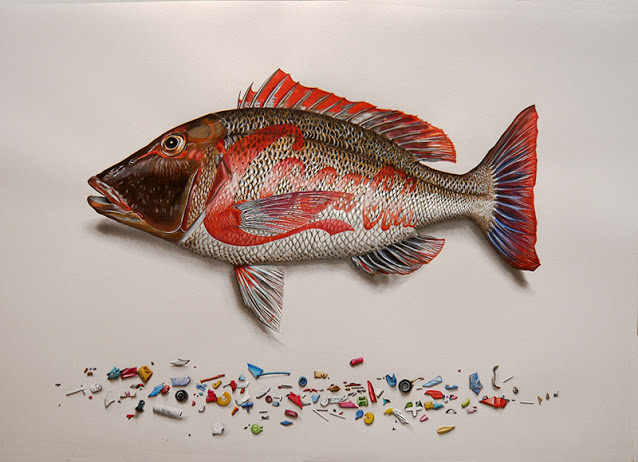
The New World Order Series – Coca Cola, March 2020; By ©1011Plastic fragments collected on the beach, Terrigal (New South Wales, Australia) By © 1011 In the spirit of Maria Sibylla Merian’s 18th century naturalistic plates, The New World Order Series is composed of drawings of fish stamped with the logos of the most polluting […]
Bioplastics contain substances that are as toxic as those in ordinary plastics
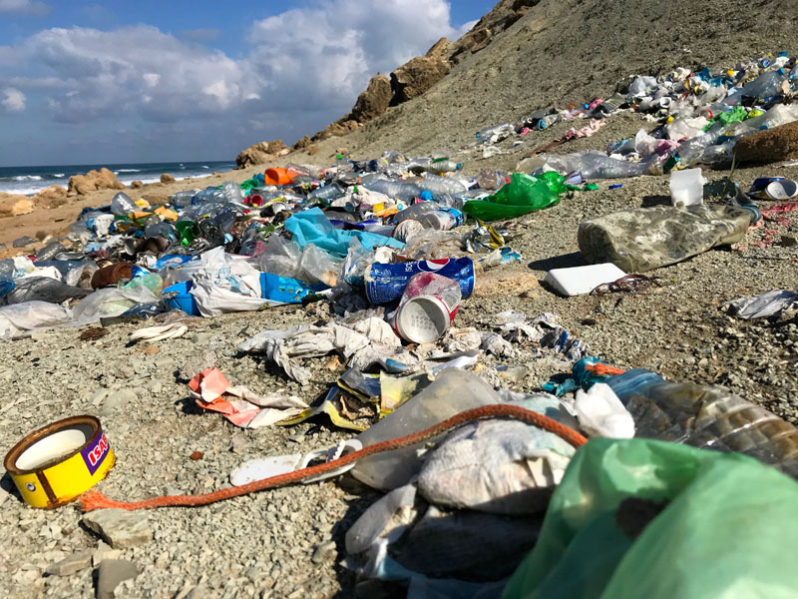
Bioplastics are in fact just as toxic as other plastics, according to an article recently published in Environment International.
The plastic myth and the misunderstood triangle
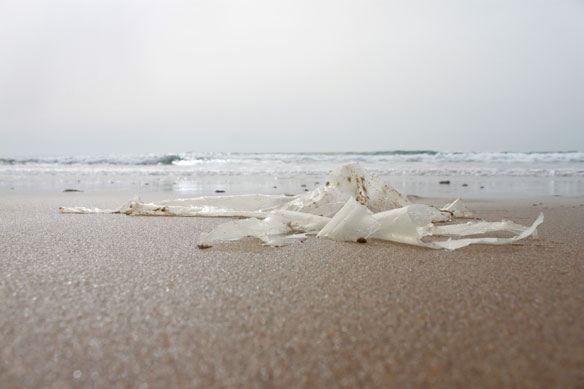
Of all the plastic we’ve ever produced, only 9% has been recycled. So what happened to all that plastic you’ve put in the recycling bin over the years?
Scientists Found A New Way To Break Down the Most Common Plastic
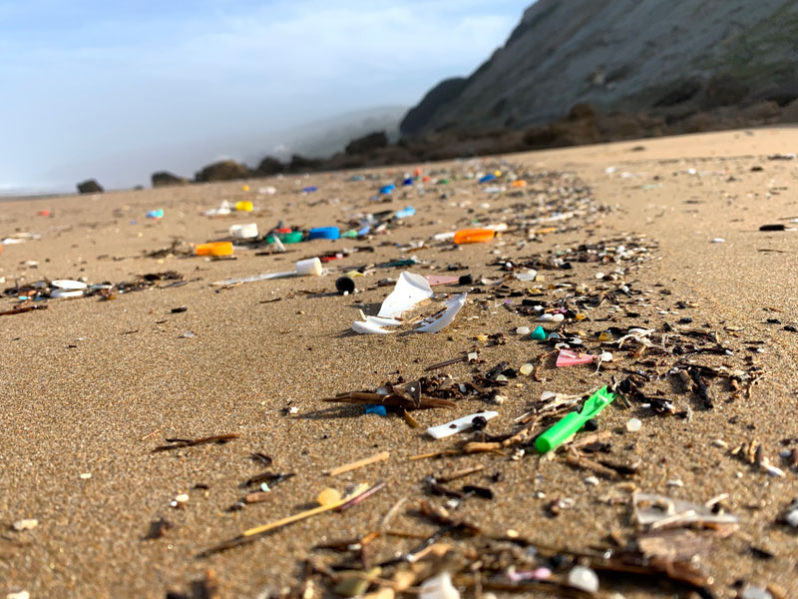
Researchers develop an efficient, low-energy method for upcycling polyethylene plastic waste into valuable molecules that can be repurposed for further use.
Groundbreaking study finds 13.3 quadrillion plastic fibers in California’s environment
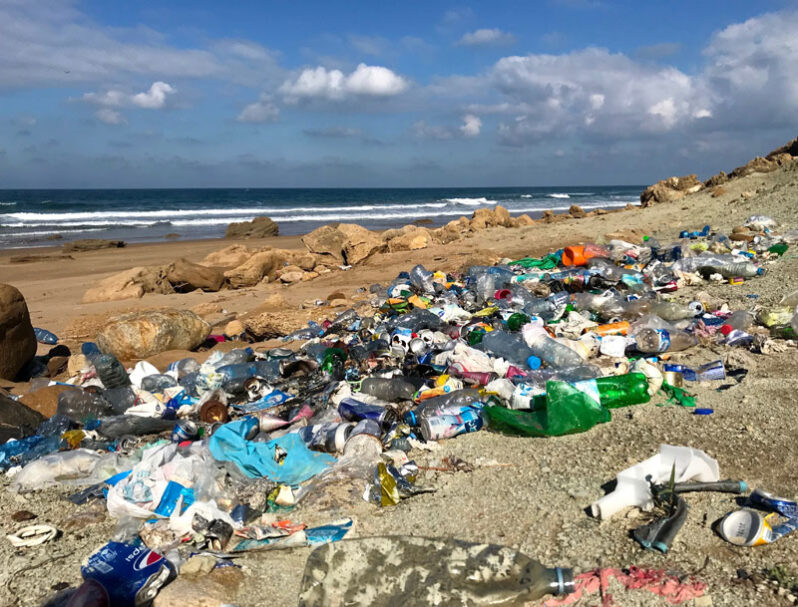
A study in California has laid bare the staggering scale of pollution from plastic microfibers in synthetic clothing – one of the most widespread, yet largely invisible, forms of plastic waste.
After Fighting Plastic in ‘Paradise Lost,’ Sisters Take On Climate Change
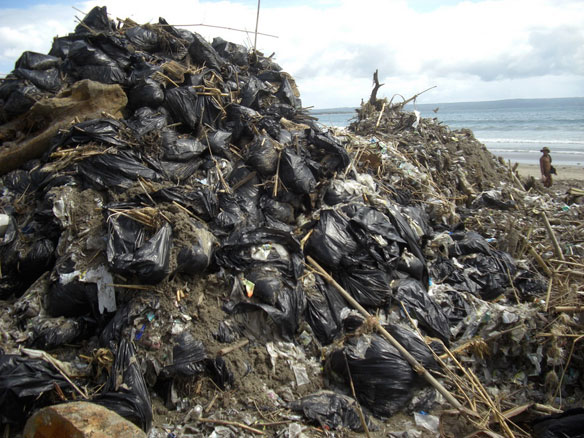
It was trash season on Bali, the time of year when monsoon storms wash up tons of plastic debris onto the island’s beaches. It was also the time for two teenage sisters, Melati and Isabel Wijsen, to organize their annual island cleanup.
Synthetic clothing fibers contribute vast amounts of plastic pollution on land
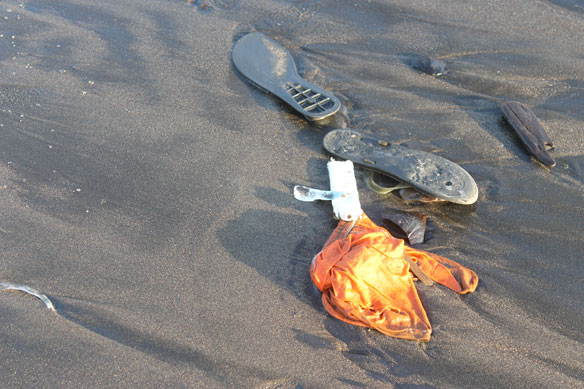
176,500 metric tons of synthetic microfibers—chiefly polyester and nylon—are released every year onto terrestrial environments across the globe, according to a new study.
Removing marine plastic litter is costly for small island states
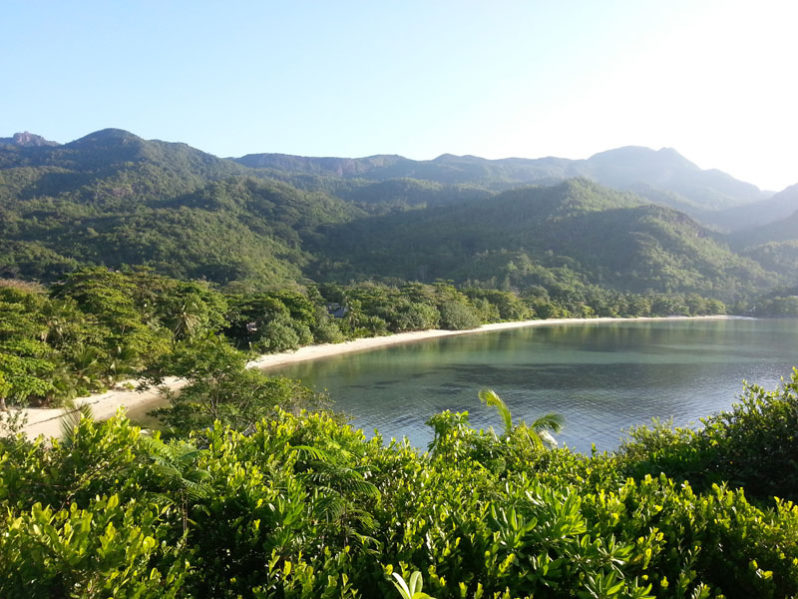
Removing all of the plastic litter from the UNESCO World Heritage Site of Aldabra Atoll—a ring of islands formed from coral reef in the Seychelles—would cost US $4.68 million and require 18,000 hours of labour, according to a study in Scientific Reports.
The widespread footprint of blue jean microfibers
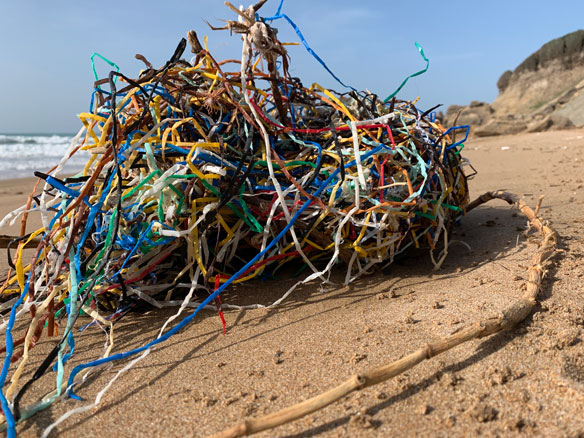
Researchers reporting in ACS’ Environmental Science & Technology Letters have detected indigo denim microfibers not only in wastewater effluent, but also in lakes and remote Arctic marine sediments.
